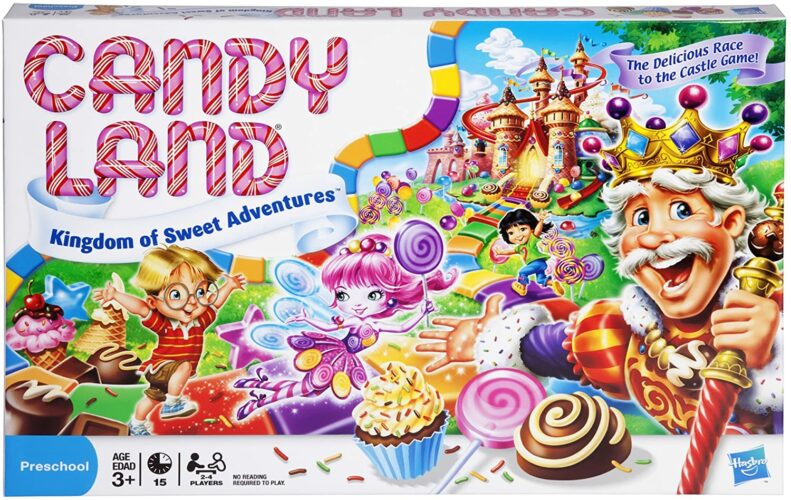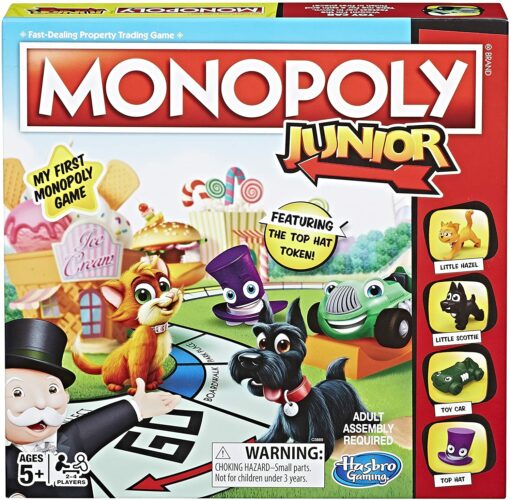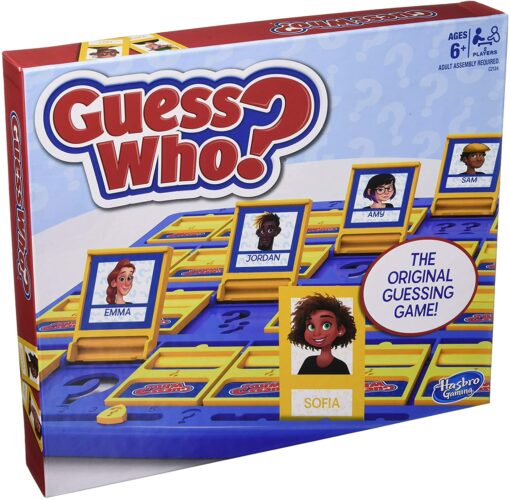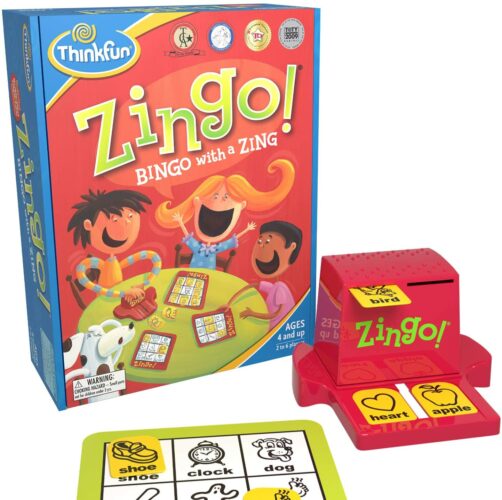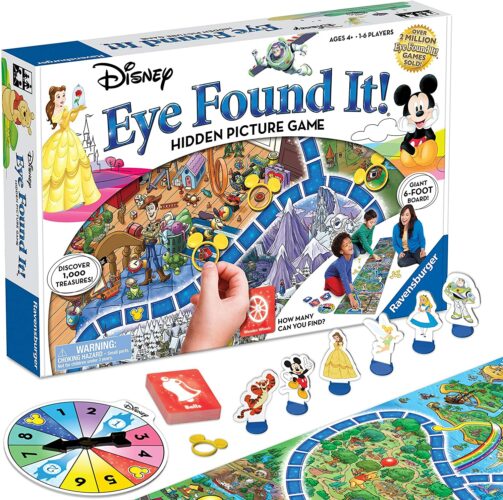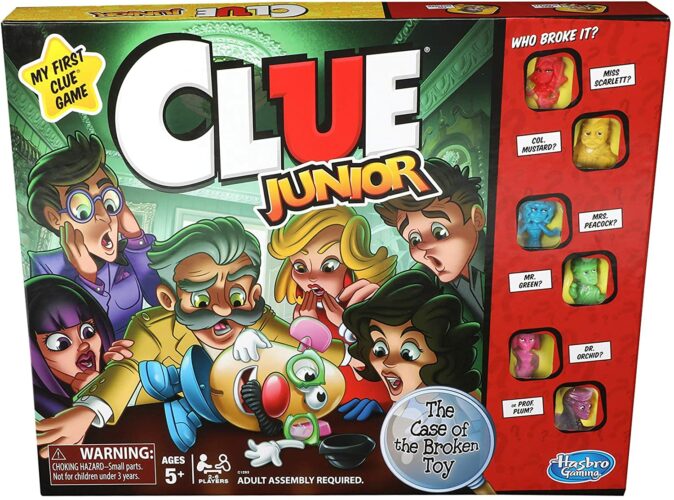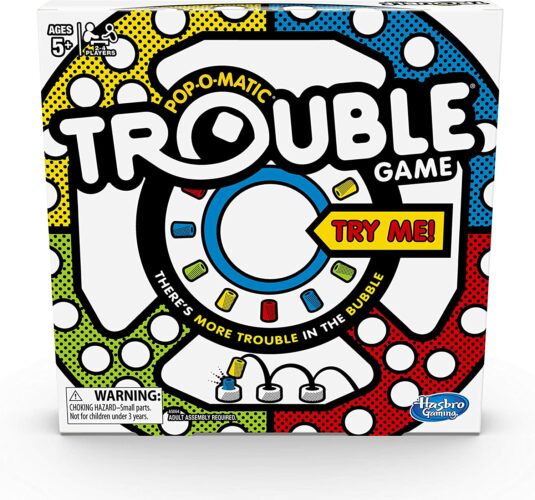Family time is an amazing way to bring people together, get to know each other, and nurture the relationship between family members. It is common to make an event out of family time, with movie nights and game nights being popular options.
Game nights are an interactive option that gets everyone having fun, from parents to kids, and maybe other family members or friends. The games played may include charades, cards, and of course, board games.
Board games have been around for a long time, and they are loved by every generation. Despite the rise of technology, board games are still played with by many families and can even be fun educational tools.
What to Watch Out for When Buying a Board Game for Kids
There are many benefits of playing board games, from increased brain function to happier kids, so you might want to have a look at the wide array of available games and pick one that your child may benefit from. But they’re not all created equal.
When choosing the right board game, there are things you need to take into account. You don’t want to end up with a game that no one likes or that no one understands. So to avoid ruining game night, here are four features to consider.
Ease of Playing
Some games involve too many rules, and you may end up spending the majority of the time reading rules rather than actually playing. Even worse, if your child is too young to understand complex games, they will end up not enjoying themselves and feel pressured to get things right.
On the other end, if a game is too easy it becomes boring. Simple rules are desirable, but a game with barely any rules takes away the challenge and your child is likely to lose interest in the middle of a game, or simply never want to play it again after the first time.
The secret is to find a balance. The game must be relaxed yet challenging.
Number of Players
Most board games can be played by two people or more. But usually, there is an upper limit. Some games allow a maximum of four players, others five or six. If you have a big family and usually game nights are busy, you need to take into account the number of players allowed, so no one is left out of the fun.
Just like too many people may constitute a barrier, too few is also an issue. If your child is interested in interactive board games but there may be times when no one is available to play with them, you may want to find a game that the child can play alone. Think Fun Zingo Bingo is one of the few games that a child can play on their own, making it great if the whole family won’t be joining in every game night.
Fun for Both Parents and Kids
The goal is for the child to have fun, but that doesn’t mean that parents don’t need to enjoy themselves too. If the parent is having fun the child will have a better time too, as everyone will get more immersed in the game.
With that in mind, the game must be challenging enough to keep the parent engrossed, without being too difficult for the child. A game like Monopoly is likely to be thoroughly enjoyed by the entire family as the competitive nature of it is fun for people of all ages.
Varied Gameplay
Variety avoids monotony. If a game always has a similar outcome, and there is a predictability aspect to the gameplay, everyone will grow bored of it quickly, including your child.
Games that allow you to follow different paths and have control over what happens are more likely to incite the child to want to play again. But repetitive games, including games that involve questions and answers, are more prone to end up forgotten in a box.
Keeping these four aspects in mind, here is a list of ten great board game options to consider.


